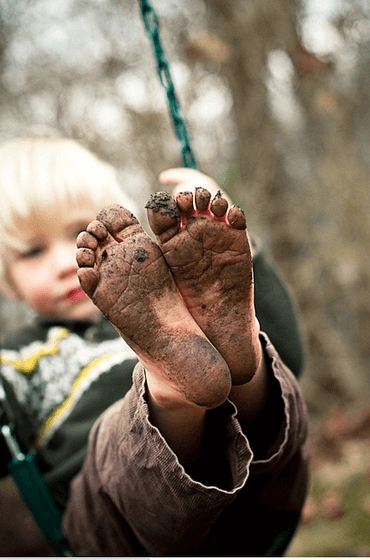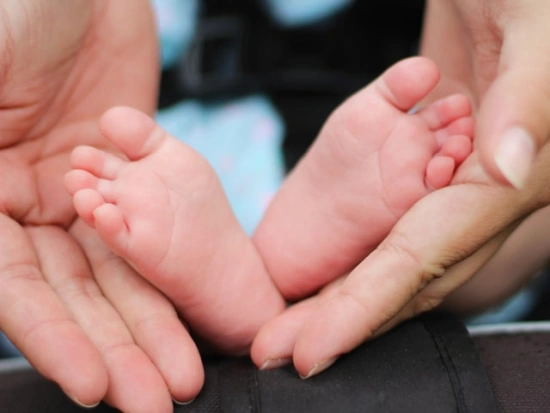1
Y apacentando Moisés las ovejas de Jetro su suegro, sacerdote de Madián, llevó las ovejas detrás del desierto, y vino a Horeb, monte de Dios.
2
Y se le apareció el Angel del SEÑOR en una llama de fuego en medio de un zarzal; y él miró, y vio que el zarzal ardía en fuego, y el zarzal no se consumía.
3
Entonces Moisés dijo: Iré yo ahora, y veré esta grande visión, por qué causa el zarzal no se quema.
4
Y viendo el SEÑOR que iba a ver, lo llamó Dios de en medio del zarzal, y dijo: ¡Moisés, Moisés! Y él respondió: Heme aquí.
5
Y dijo: No te llegues acá; quita tus zapatos de tus pies, porque el lugar en que tú estás, tierra santa es .
6
Y dijo: Yo soy el Dios de tu padre, Dios de Abraham, Dios de Isaac, Dios de Jacob. Entonces Moisés cubrió su rostro, porque tuvo miedo de mirar a Dios.
7
Y dijo el SEÑOR: Bien he visto la aflicción de mi pueblo que está en Egipto, y he oído su clamor a causa de sus exactores; por lo cual yo he entendido sus dolores.
8
Y he descendido para librarlos de mano de los egipcios; yo los sacaré de aquella tierra a una tierra buena y ancha, a tierra que fluye leche y miel, a los lugares del cananeo, del heteo, del amorreo, del ferezeo, del heveo, y del jebuseo.
9
El clamor, pues, de los hijos de Israel ha venido ahora delante de mí, y también he visto la opresión con que los egipcios los oprimen.
10
Ven por tanto ahora, y te enviaré al Faraón, para que saques a mi pueblo, los hijos de Israel, de Egipto.
11
Entonces Moisés respondió a Dios: ¿Quién soy yo, para que vaya al Faraón, y saque de Egipto a los hijos de Israel?
12
Y él le respondió: Porque yo seré contigo; y esto te será por señal de que yo te he enviado: luego que hubieres sacado este pueblo de Egipto, serviréis a Dios sobre este monte.
13
Y dijo Moisés a Dios: He aquí que llego yo a los hijos de Israel, y les digo: El Dios de vuestros padres me ha enviado a vosotros; y si ellos me preguntan: ¿Cuál es su nombre? ¿Qué les responderé?
14
Y respondió Dios a Moisés: YO SOY El que Soy. Y dijo: Así dirás a los hijos de Israel: YO SOY (YHWH ) me ha enviado a vosotros.
15
Y dijo más Dios a Moisés: Así dirás a los hijos de Israel: El SEÑOR Dios de vuestros padres, el Dios de Abraham, Dios de Isaac y Dios de Jacob, me ha enviado a vosotros. Este es mi Nombre para siempre, y este es mi memorial por todos los siglos.
16
Ve, y junta los ancianos de Israel, y diles: El SEÑOR Dios de vuestros padres, el Dios de Abraham, de Isaac, y de Jacob, se me apareció, diciendo: De cierto os he visitado, y visto lo que se os hace en Egipto;
17
y he dicho: Yo os haré subir de la aflicción de Egipto a la tierra del cananeo, y del heteo, y del amorreo, y del ferezeo, y del heveo, y del jebuseo, a una tierra que fluye leche y miel.
18
Y oirán tu voz; e irás tú, y los ancianos de Israel, al rey de Egipto, y le diréis: El SEÑOR Dios de los hebreos, nos ha encontrado; por tanto nosotros iremos ahora camino de tres días por el desierto, para que sacrifiquemos al SEÑOR nuestro Dios.
19
Mas yo sé que el rey de Egipto no os dejará ir sino por mano fuerte.
20
Pero yo extenderé mi mano, y heriré a Egipto con todas mis maravillas que haré en él, y entonces os dejará ir.
21
Y yo daré a este pueblo gracia en los ojos de los egipcios, para que cuando os partiereis, no salgáis vacíos;
22
sino que demandará cada mujer a su vecina y a su huéspeda vasos de plata, vasos de oro, y vestidos, los cuales pondréis sobre vuestros hijos y vuestras hijas, y despojaréis a Egipto.








